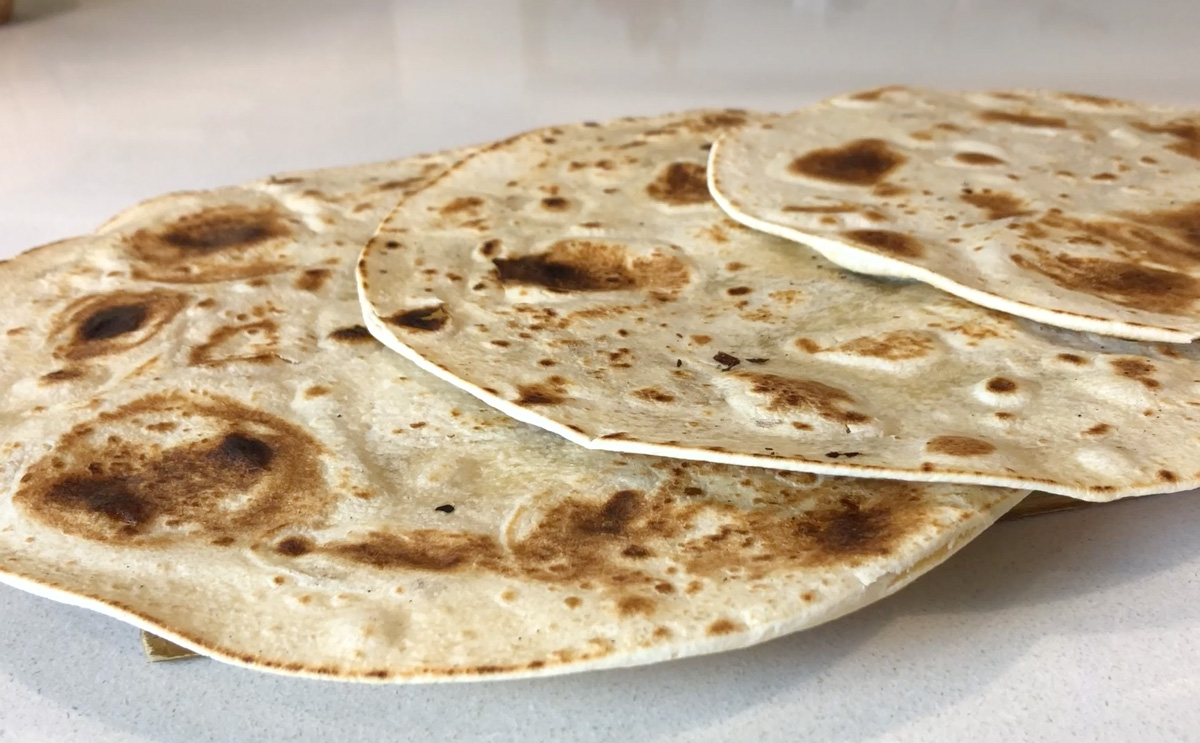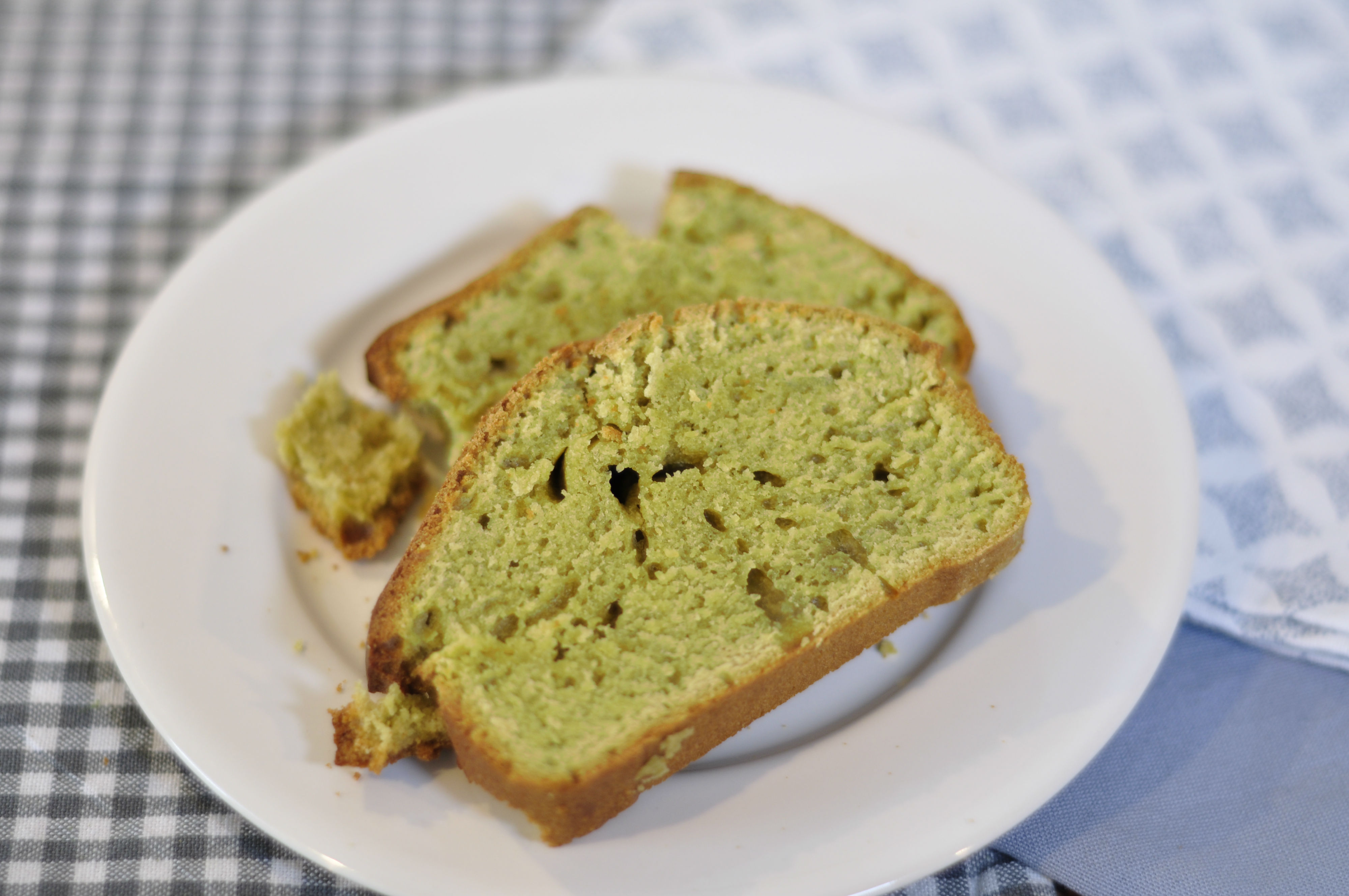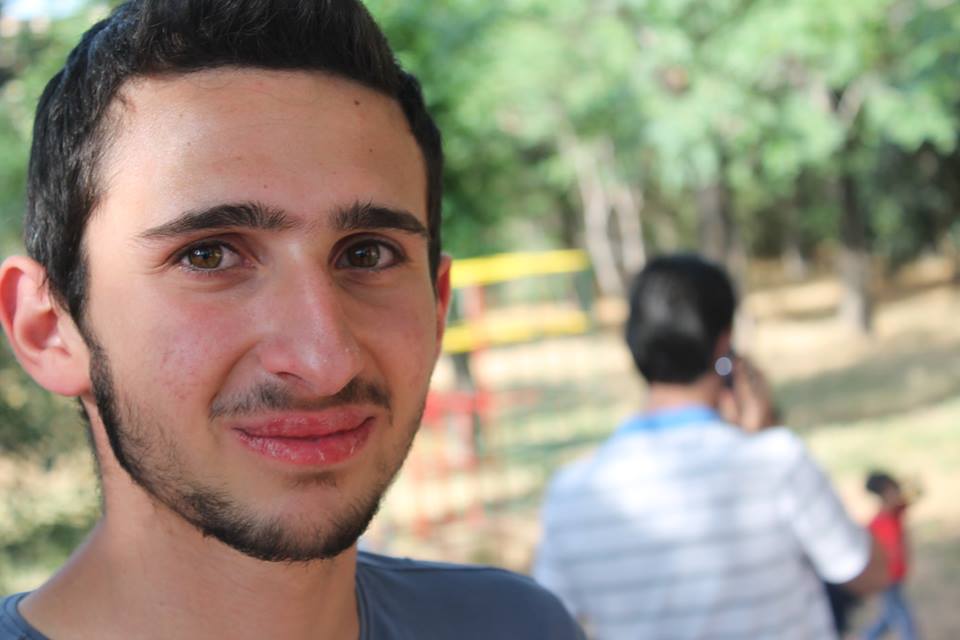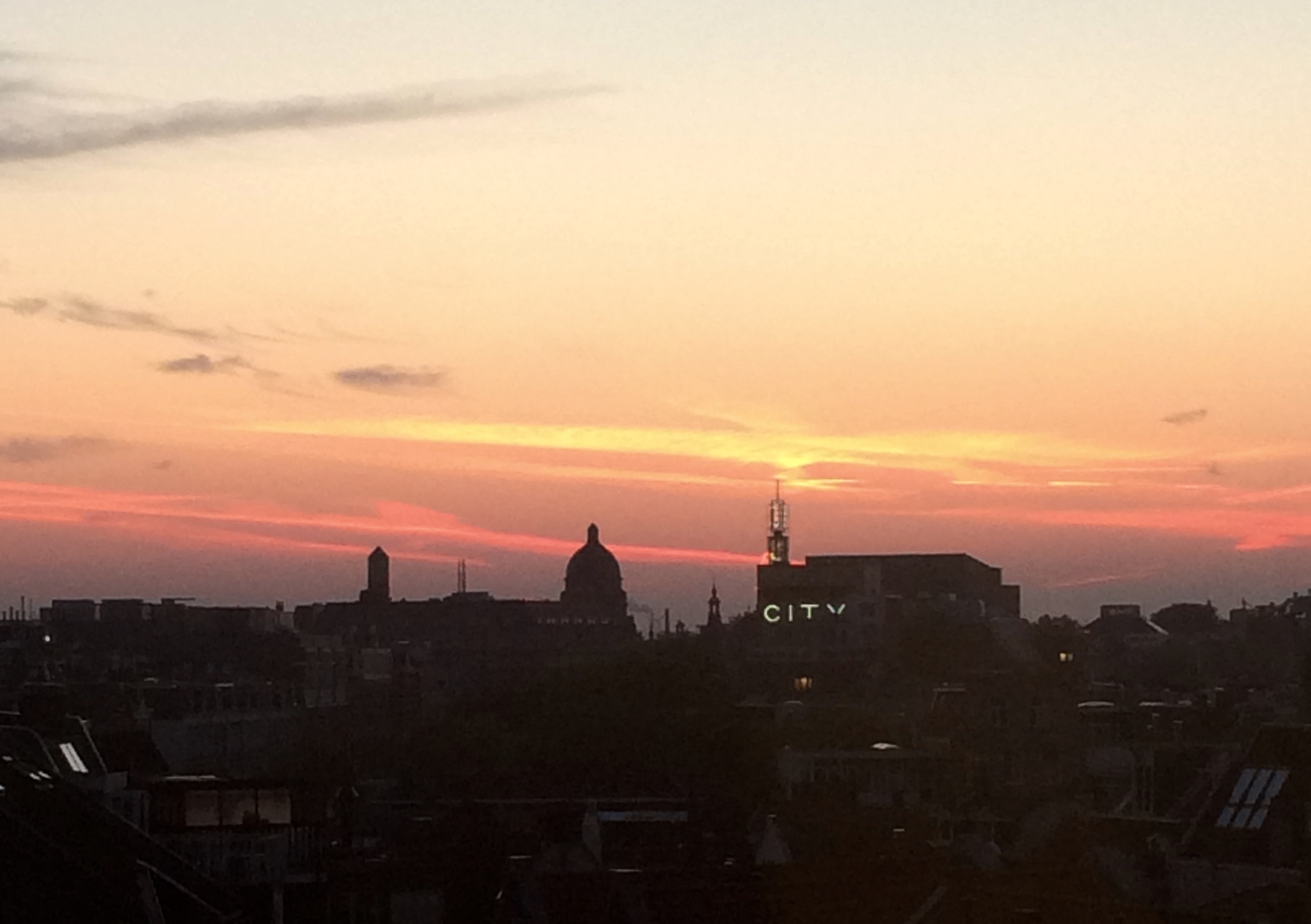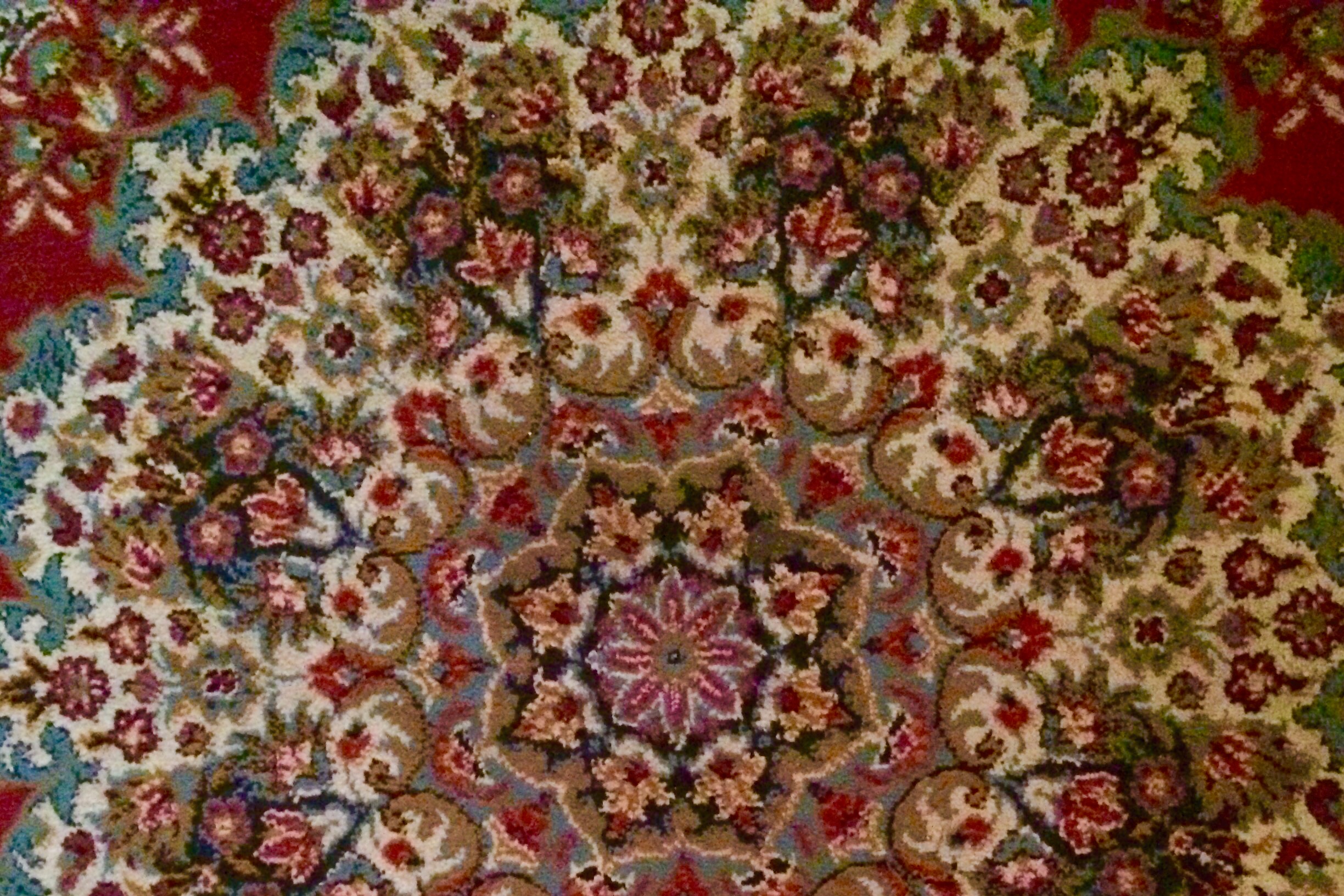Piadina Romagnola, Amsterdam version: an expat recipe.
Of all the flatbreads around the world, there is one that in a certain region of Italy is synonym with holidays: piadina romagnola. Flatbreads are a great example of what I like to call “food universals”: they are a common element to many culinary cultures and help us understand how even the most local, typical, identitarian foods are in fact clear expressions of what humans have in common.

